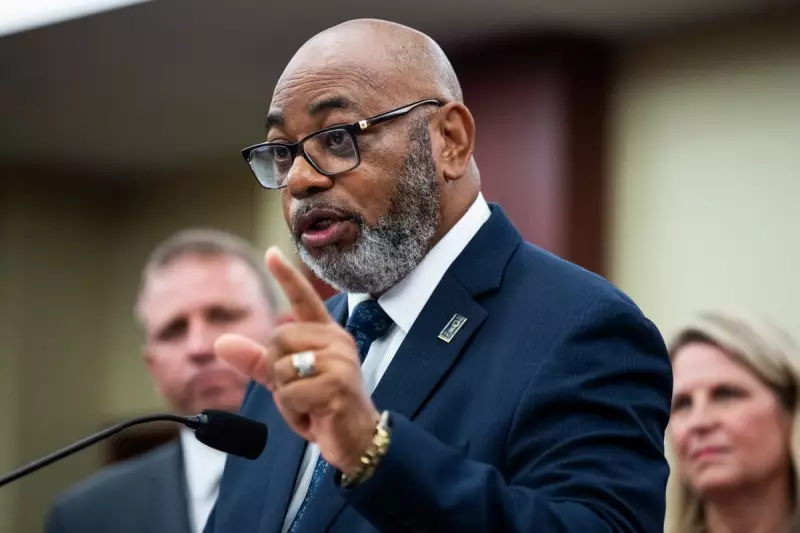
The largest union representing US federal employees has issued a stark warning to Washington lawmakers: end the government shutdown or face the first-ever coordinated strike by federal workers.
The American Federation of Government Employees (AFGE), representing approximately 750,000 government workers, has declared it will no longer tolerate forcing employees to work without pay during political budget standoffs.
Unprecedented Threat of Industrial Action
In a dramatic escalation of union tactics, AFGE president Everett Kelley stated unequivocally that the union is prepared to take "whatever actions are necessary" to protect its members' livelihoods. This represents a significant shift in strategy for federal employee unions, who have traditionally avoided strike threats during previous shutdowns.
"Our members are tired of being used as pawns in political games," Kelley emphasised. "Telling essential workers to perform their duties without knowing when they'll receive their next paycheck is both immoral and unsustainable."
The Human Cost of Political Deadlock
The looming shutdown could affect nearly 800,000 "essential" federal employees across multiple agencies, including:
- Border protection and homeland security personnel
- Air traffic controllers and transportation security staff
- Veterans' healthcare workers
- Federal law enforcement officers
These workers would be compelled to report for duty despite the funding lapse, creating what union leaders describe as "involuntary servitude."
Legal and Political Ramifications
The threatened strike action raises complex legal questions. While federal law generally prohibits government employees from striking, union officials argue that requiring work without pay may constitute a fundamental breach of employment contracts, potentially justifying extraordinary measures.
The political stakes are equally high. A coordinated work stoppage by essential federal workers could paralyse critical government functions and intensify pressure on Congress to reach a budget agreement.
Broader Economic Implications
Beyond the immediate impact on federal workers, economists warn that a prolonged shutdown could:
- Disrupt vital government services affecting millions of Americans
- Undermine economic stability and consumer confidence
- Damage the United States' international credibility
- Create ripple effects throughout the broader economy
As the deadline approaches, all eyes are on Capitol Hill to see whether lawmakers can avert a crisis that threatens both government operations and the financial security of hundreds of thousands of public servants.





